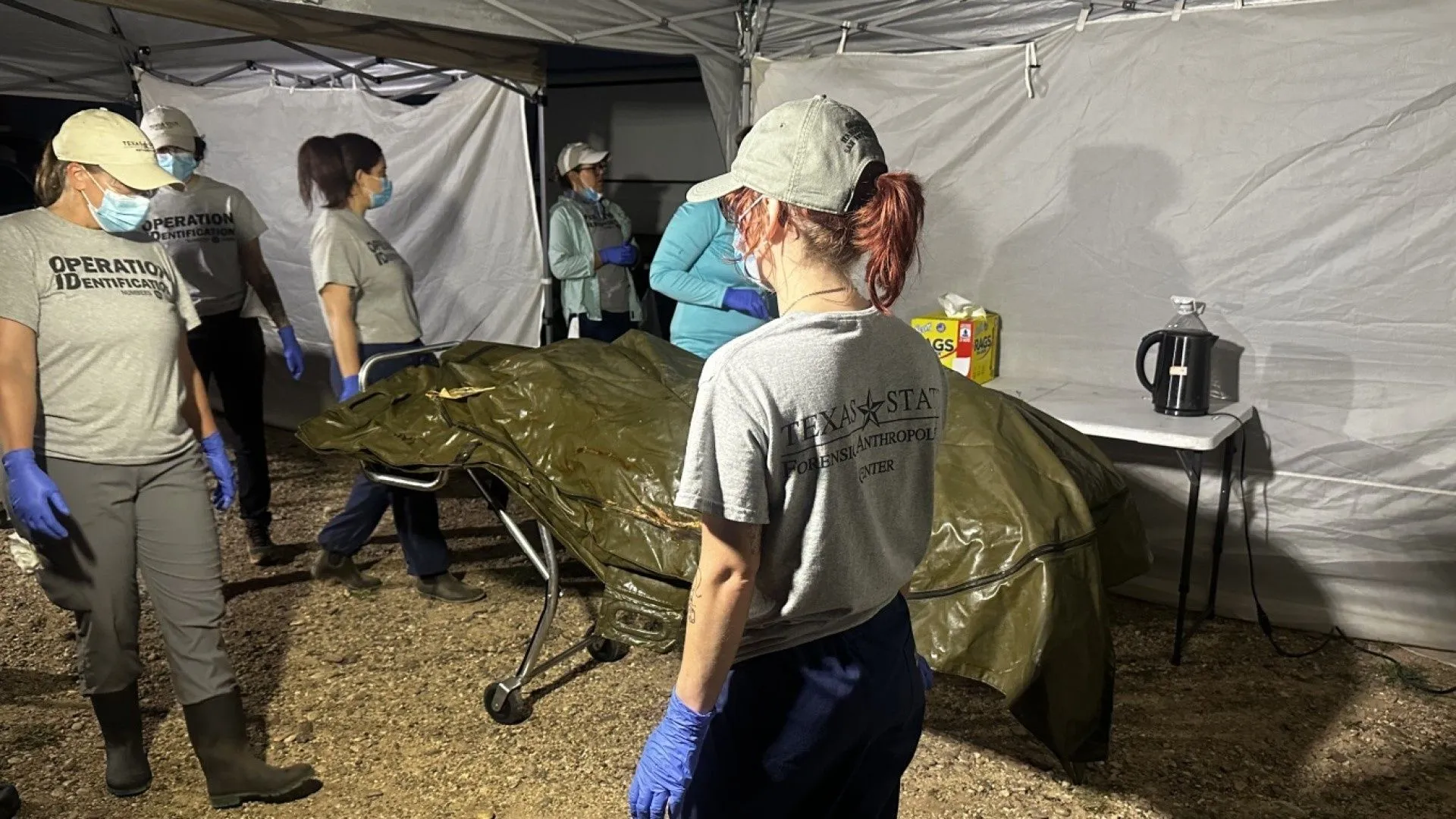Texas State University Enhances Anthropology through Immigration Studies at the U.S.-Mexico Border
Friday, 18 October 2024, 21:40

Texas State University's Contribution to Immigration and Anthropology
At the forefront of immigration, Texas State University is bridging critical gaps in rural areas affected by a shortage of county medical examiners. With a profound focus on anthropology, the university engages in Operation Identification, aiding in identifying remains connected to immigration cases at the U.S.-Mexico border.
The Role of Operation Identification
- Operation Identification employs scientific methods to assist in the identification of remains.
- The initiative is a cornerstone for resolving unanswered questions regarding missing persons.
- Collaborating with local law enforcement enhances community trust.
Importance of Medical Examiners
- Addressing the critical shortage of county medical examiners is imperative for proper identifications.
- Texas State University's efforts are pivotal in advancing medical practices within rural settings.
- Examiners provide essential forensic support that affects countless immigration cases.
This article was prepared using information from open sources in accordance with the principles of Ethical Policy. The editorial team is not responsible for absolute accuracy, as it relies on data from the sources referenced.